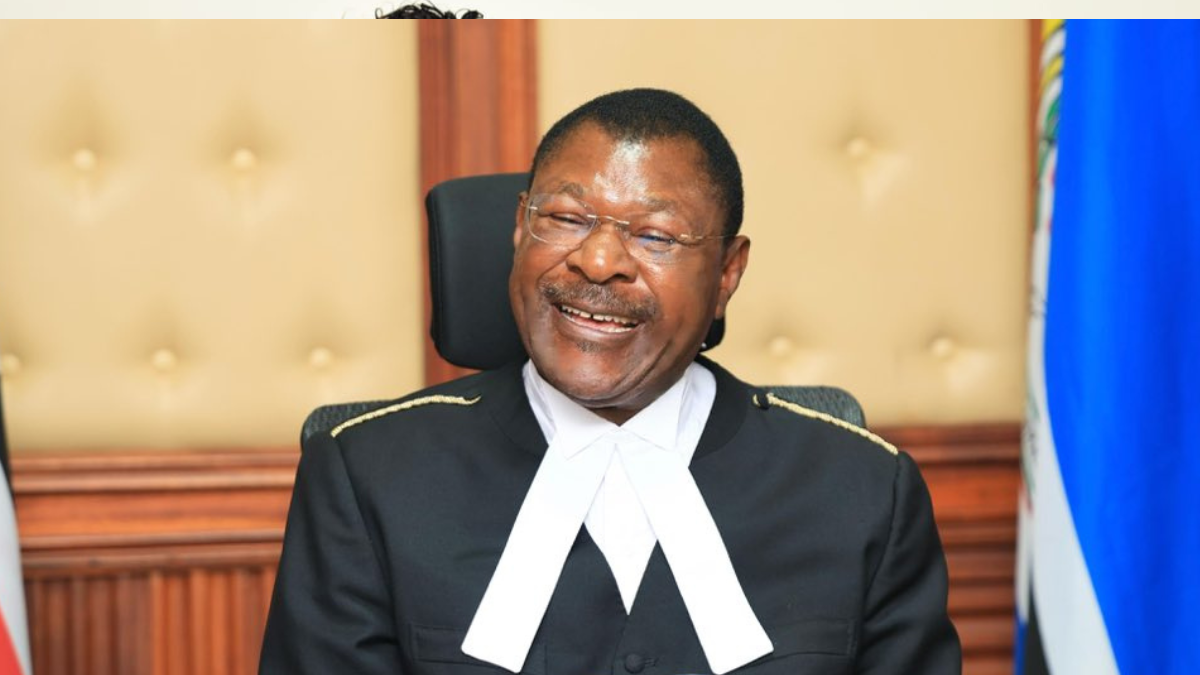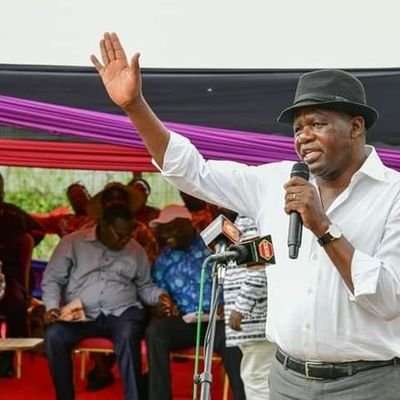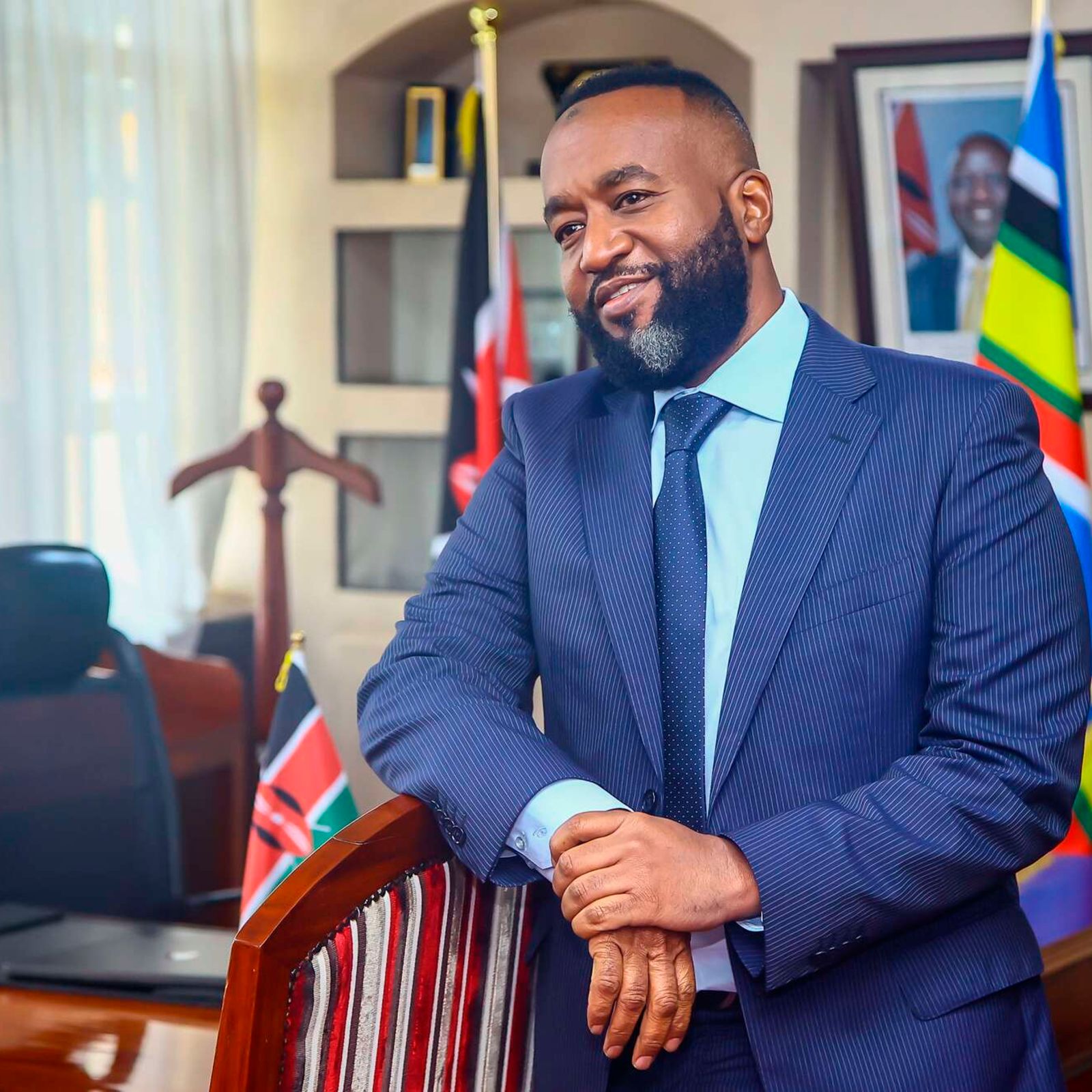By Collins Wanzallah
National Assembly Speaker Moses Wetang’ula has reiterated his robust support for former Prime Minister Raila Odinga’s bid to become the African Union Commission (AUC) Chairperson. Speaking during a meeting with representatives of the Pan-African Parliament at his office on Wednesday, Wetang’ula highlighted Odinga’s qualifications, describing him as the ideal candidate to champion the interests of African nations and spearhead critical reforms.
“Kenya has a strong candidate for AUC Chairperson. When you go back home, ask your Foreign Ministers and Presidents to support him,” the Speaker urged the delegation. Odinga aims to succeed the outgoing AUC Chairperson, Moussa Faki Mahamat, whose term concludes in early 2025. The elections are scheduled for February 25, 2025.
The delegation, which included representatives from the Democratic Republic of Congo (DRC), Uganda, Zambia, Tunisia, and Kenya, is in the country on a fact-finding mission focused on addressing climate change and combating desertification through improved soil management strategies to boost food security.
Sakata Garry, the Pan-African Parliament Chairman, emphasized the urgency of soil management reforms, stating, “Everything depends on the soil—be it agriculture, mining, or other sectors. Addressing soil degradation is essential to ensure food sufficiency and climate resilience.” Wetang’ula echoed these sentiments, stressing the paradox of Africa’s rich natural resources juxtaposed with widespread poverty. He called for innovative solutions to unlock the continent’s potential.
“Africa lives on the soils. Yet we produce what we don’t consume and consume what we don’t produce,” he observed. While acknowledging the Pan-African Parliament’s advisory role, Wetang’ula commended the team’s initiative in developing soil management legislation to tackle challenges like wind and water erosion, high soil acidity, and poor agricultural practices.
Reflecting on Kenya’s agricultural progress, the Speaker noted the country’s strides in achieving self-sufficiency in sugar and cereal production due to consistent rainfall in key regions. However, he cautioned against reliance on rain-fed agriculture, advocating for investment in rainwater harvesting, stormwater storage, and engineered farming techniques.
“We need to move away from rain-fed agriculture and embrace sustainable solutions to mitigate the effects of climate change,” he urged. Wetang’ula pledged his support to the delegation’s initiatives, underscoring the critical need for strategies that revitalize African soils and ensure sustainable food production for future generations.




